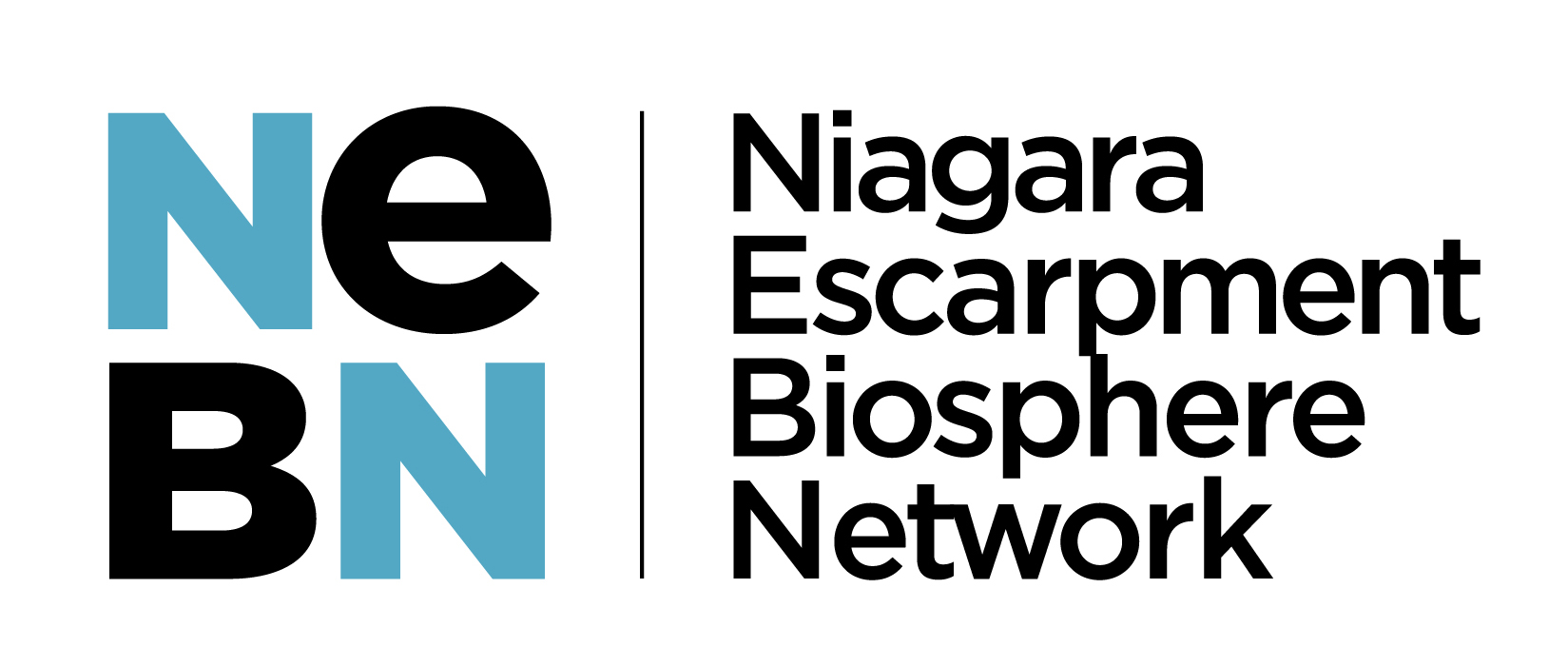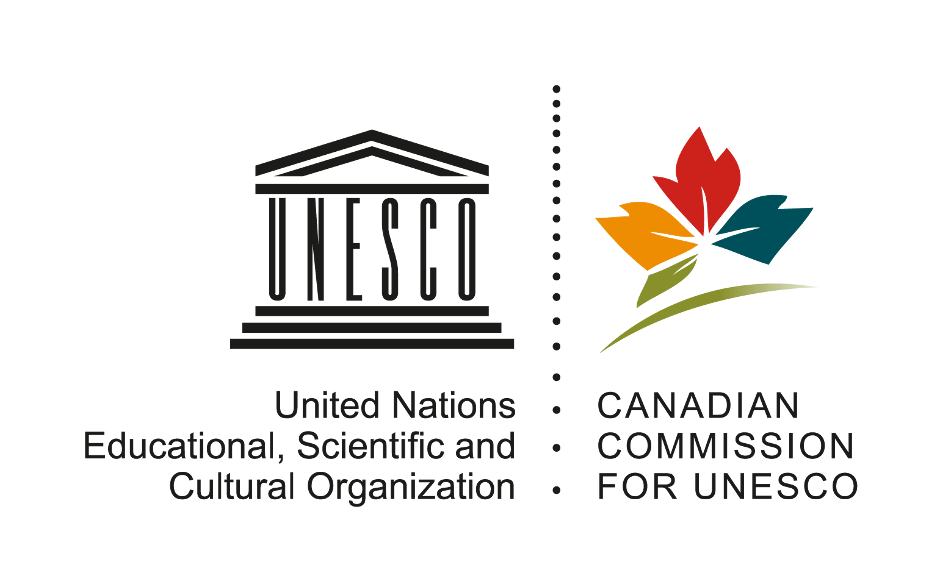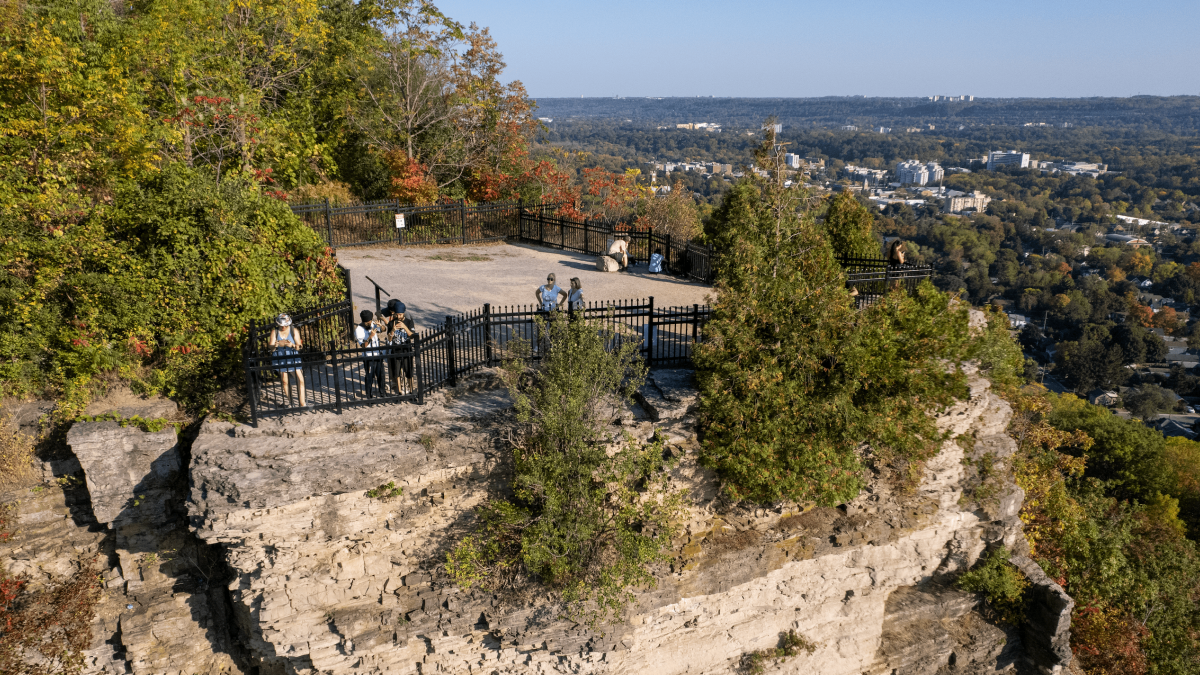
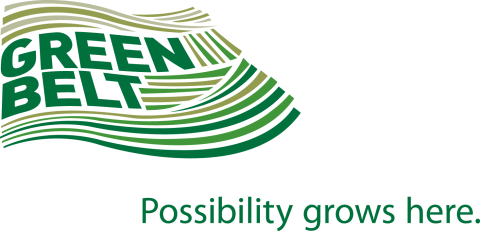

In recognition that Indigenous peoples carry vital knowledge for a contemporary path of sustainable living for everyone, Plenty Canada's projects are rooted within various Indigenous traditions. Plenty Canada also recognizes that development takes place at the grass-roots level and that communities have much to contribute to their own development in terms of knowledge, skills, and determination. Thus, Plenty Canada provides technical, educational, financial and other support for local community organizations to emerge, who identify priorities and strategies for small scale development that is economically, environmentally, socially, and culturally sustainable. Plenty Canada's staff and board members comprise a diverse group of professionals who understand the relationship between the people and the land. We have an established record of successful Indigenous engagement and community development work for nearly 50 years.

The University of Guelph co-hosts the Conservation through Reconciliation Partnership (CRP) and the People, Plants and Policy Lab (P3). The CRP is an Indigenous-led network that brings together a diverse range of partners to advance Indigenous-led conservation, including Indigenous Protected and Conserved Areas (IPCAs), and to transform the conservation sector in Canada. The P3 Lab is interested in how Indigenous-led biocultural approaches to conservation can inform and transform conservation planning processes. Assisted by Mitacs funding and the supervisory expertise of Drs. Faisal Moola and Robin Roth, the CRP and P3 Lab supported the research components of the project.
Photo Contributors
We are so grateful to have contributors to this project who are true Indigenous and Appalacian stewards of plants and trees – and that is evident in the beautiful quality photography they have contributed both of plants, and of their relationships with them!

Sara Jackson of Bat Cave Botanicals contributed numerous beautiful photographs to the survey and guide. You can contact her, and learn more about her work and organization here: https://www.batcavebotanicals.
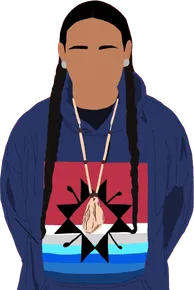
Andre Strongbearheart Gaines, Jr. is a member of the Nipmuc Nation. He started his organization No Loose Braids to revitalize and regenerate Nipmuc and Eastern Woodlands Indigenous stewardship of their homelands and land-based teaching of traditional foods, medicines, skills, and arts. He has contributed photography from his harvesting and caretaking of the land. You can contact him and learn more about No Loose Braids, here: https://www.noloosebraids.com/
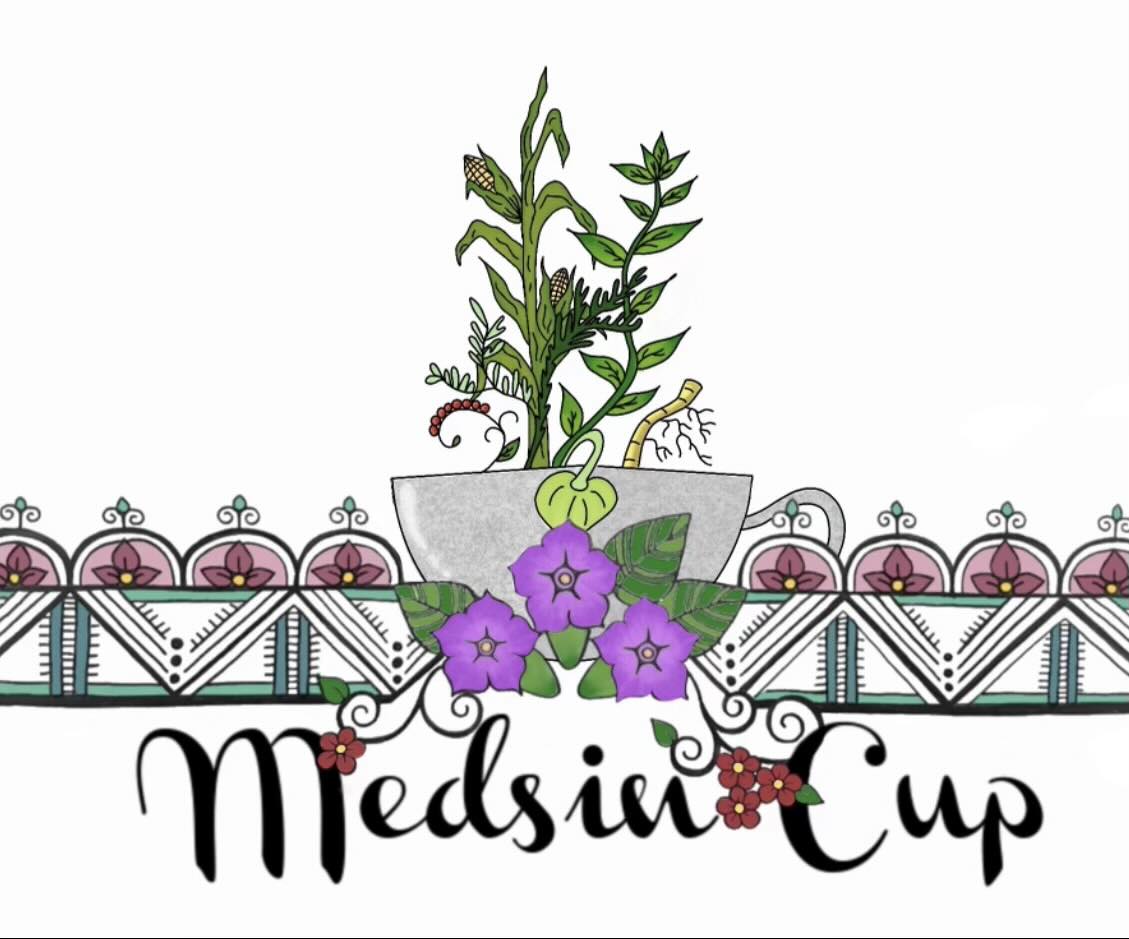
Jocelyn Carter is a member of Saugeen Ojibwe Nation, and does land-based learning, medicines, and traditional foods workshops in Saugeen. Jocelyn and Katsitiarase Joni Hill Squire of Six Nations of the Grand River have Medsin Cup, a burgeoning grassroots Indigenous Food Sovereignty organization that offers workshops at Six Nations and Saugeen. You can learn more about Medsin Cup, here: https://www.instagram.com/
Additional Supporters
